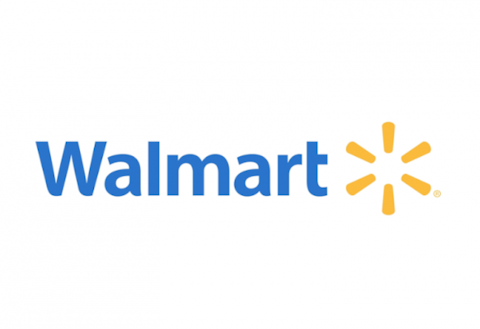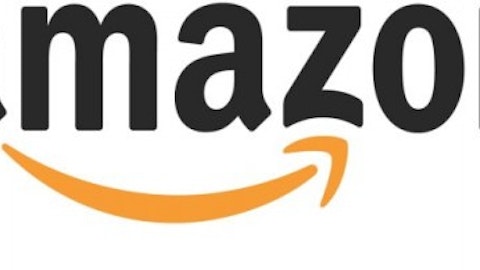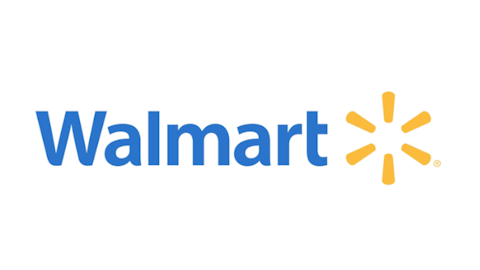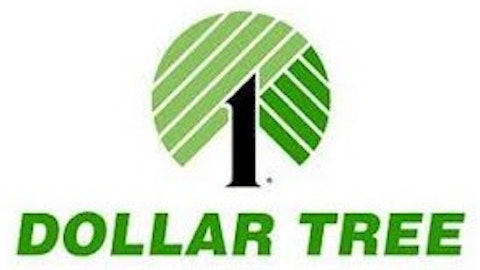In the last couple years, Wal-Mart Stores, Inc. (NYSE:WMT) has been under a lot of pressure. The company’s slowing growth rate, alleged scandals in Mexico and safety in Bangladeshi factories have been points of criticism recently. In the last shareholders meeting, which was held last week, Wal-Mart decided to implement a buyback of $15 billion. Many people believe that the company is simply trying to silence the upset investors. Regardless, the $15 billion buyback can be good for the investors if it becomes a recurring thing. It is not likely to make much of a difference if it turns out to be a one-time event.
If we look at the number of Wal-Mart Stores, Inc. (NYSE:WMT)’s outstanding shares, we see a declining trend. In 2008, Wal-Mart had 3.94 billion outstanding shares. In 2009, the number fell to 3.87 billion, which fell to 3.66 billion in 2010, 3.46 billion in 2011 and 3.37 billion in 2012. Currently, the company has 3.31 billion shares, and if the company spends $15 billion to buy shares back at today’s price, it will be buying 196 million shares, which will decrease the number of outstanding shares to 3.11 billion. Basically, between 2008 and now, the company’s outstanding share count fell by 830 million, or 21%. When we add dividends to this figure, we see that Wal-Mart Stores, Inc. (NYSE:WMT) is strongly committed to return value to shareholders.
Year-to-date, Wal-Mart Stores, Inc. (NYSE:WMT)’s share price is up by 12%, excluding two dividend payments that amounted a yield slightly above 1%. The company’s current market value of $252 billion represents 15 times its annual earnings and 0.6 times its revenue. Wal-Mart’s price-to-book value ratio of 3.3 is pretty much in-line with the industry average. As Wal-Mart Stores, Inc. (NYSE:WMT) accounts for 10% of all shopping in the U.S. (except for automotive shopping), it plays an important role in the economy. This is a very stable investment.
Wal-Mart is challenged by Target Corporation (NYSE:TGT), Costco Wholesale Corporation (NASDAQ:COST) and Amazon.com, Inc. (NASDAQ:AMZN), for the most part. Target Corporation (NYSE:TGT) has been increasing its market share at a slow but steady rate, increasing its revenues from $65 billion in 2009 to $73 billion in 2012.
Target needs to increase its growth rate in order to justify a P/E ratio of 16, though. For the foreseeable future, the company will grow at a single-digit rate, which doesn’t impress me. The company’s dividend yield of 2.05% also falls below that of Wal-Mart.
Costco Wholesale Corporation (NASDAQ:COST) has a healthier growth rate as it was able to grow its revenues from $71 billion to $99 billion between 2009 and 2012. Obviously, Costco is a much stronger threat to Wal-Mart’s market share than Wal-Mart. Last week, Costco reported 8% growth in revenues and 19% growth in earnings, which is impressive given its size. In terms of comparable-store sales, Costco reported a growth of 5% which is much better than Wal-Mart’s flat comparable-store sales.
Then again, there is an even bigger threat for Wal-Mart than these two companies combined together: Amazon.com, Inc. (NASDAQ:AMZN). Even though Amazon deals with razor-thin margins and struggles to make a profit, it is able to grow its market share in all segments tremendously. In the last 3 years, Amazon’s revenue jumped from $24 billion to $61 billion. Recently, Amazon announced that it will start delivering fresh groceries to people’s homes, which will increase the pressure that the company has on Wal-Mart. I am not a big fan of buying Amazon until it starts reporting strong profit though. At this point, Amazon continues to be a speculative play.
In conclusion, Wal-Mart’s stock buybacks will continue to be valuable as long as they continue. They increase the value of each share.
Wal-Mart has a tradition of decreasing the number of outstanding shares. Despite its slowing growth, I like its stability and friendliness to shareholders. I think the company is a great fit for those enjoying or nearing retirement.
Jacob Steinberg has no position in any stocks mentioned. The Motley Fool recommends Amazon.com and Costco Wholesale (NASDAQ:COST). The Motley Fool owns shares of Amazon.com and Costco Wholesale.
The article Will Wal-Mart’s Stock Buyback Make a Difference? originally appeared on Fool.com and is written by Jacob Steinberg.
Jacob is a member of The Motley Fool Blog Network — entries represent the personal opinion of the blogger and are not formally edited.
Copyright © 1995 – 2013 The Motley Fool, LLC. All rights reserved. The Motley Fool has a disclosure policy.





